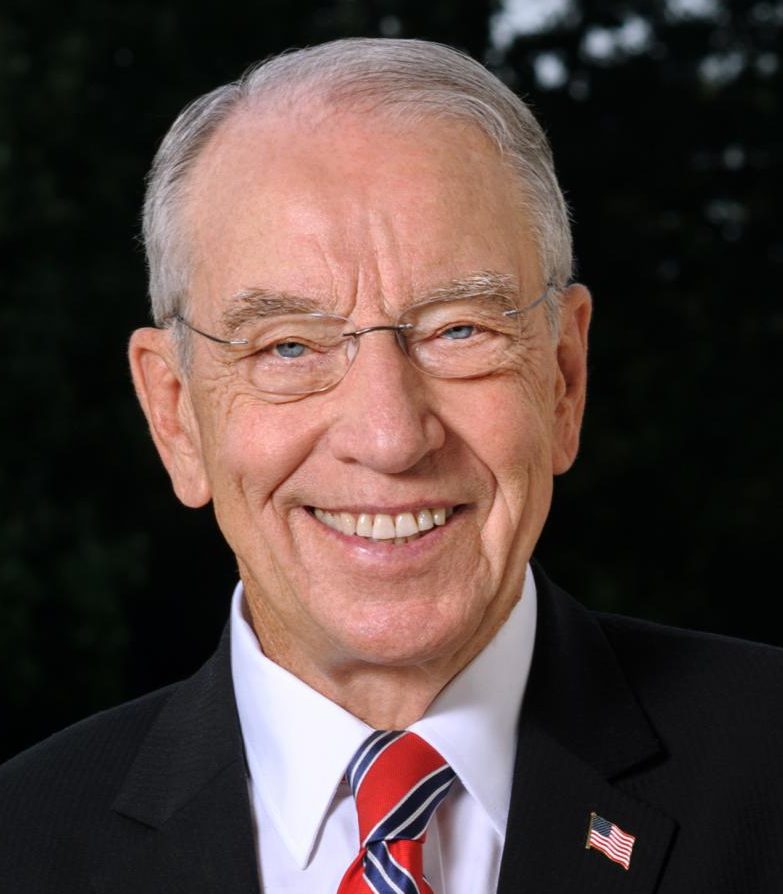Special counsel Robert Mueller’s investigation captivated Washington for nearly two years. Much of the media focused on speculation and fuzzy allegations, fueled by critics eager to pronounce the president’s guilt, of coordination between the Trump campaign and the Kremlin. After an exhaustive investigation, many of those same critics still struggle to accept that Mr. Mueller and his investigative team of Democratic donors found no collusion and charged the president with no crime.
The Mueller report goes far beyond the debunked collusion narrative, but the continuing political noise risks drowning out sirens warning of the real threat: surreptitious foreign influence in our political discourse.
Mr. Mueller’s team indicted dozens of Russians for a scheme to sow discord in American politics through social media and the release of hacked Democratic National Committee emails. But not enough attention has been paid to foreign interests secretly enlisting American cutouts to influence our laws and policies directly. This is a serious problem that should unnerve anyone in government being lobbied on policy matters.
If lobbyists or public-relations firms are peddling policy preferences at the behest of foreign powers, we ought to know about it. This week I’m introducing bipartisan legislation to beef up enforcement against clandestine foreign influence campaigns and encourage greater compliance with the often-ignored registration requirements for lobbyists working on behalf of foreign entities.
Congress passed the Foreign Agents Registration Act in 1938 to unmask Nazi propaganda and identify foreign attempts to influence policy makers and the American public. But until recently, FARA has seldom been used. Only 15 violations have been criminally prosecuted since 1966, when the law was updated—and about half of those stemmed from Mr. Mueller’s investigation.
The small number of prosecutions is not owing to a lack of foreign influence. I first raised concerns about shoddy FARA enforcement in 2015, before Donald Trump launched his presidential campaign, when a former Clinton White House staffer and a lawyer for a Georgian political party failed to register as foreign agents. I also raised concerns about Paul Manafort and the Podesta Group’s work for Ukrainians, and again when the firm behind the discredited “Steele dossier,” Fusion GPS, failed to register for its lobbying work to repeal U.S. sanctions against Russia. As it turns out, that same lobbying effort was behind the bait-and-switch at Trump Tower in June 2016.
I even subpoenaed Mr. Manafort to testify at a Judiciary Committee hearing on lax FARA enforcement and praised Mr. Mueller for dusting off the law that had been ignored by lobbyists and prosecutors for so long. Mr. Manafort, his colleague Rick Gates, and former Obama White House counsel Greg Craig were among those indicted on charges of violating FARA.
It might have started as a creative tactic by an aggressive team of investigators to pressure Mr. Manafort into spilling nonexistent details on the Trump campaign, but Mr. Mueller’s probe had the positive effect of jolting to attention the Justice Department’s FARA Registration Unit, as well as drawing attention to lobbyists whose work for foreign clients had been flying under the radar.
The charges spurred a rush on K Street, with new foreign-agent registrations increasing by 50% in 2017 from 2016. Attorney General William Barr recently pledged to prioritize enforcement.
Though FARA is finally being taken more seriously, it still lacks key enforcement authorities to investigate and hold accountable covert conveyors of foreign interests. FARA also includes a broad exemption for anyone already registered with Congress as a lobbyist. It’s time we ask whether this exemption continues to serve the public interest. Even those registered under FARA aren’t required to disclose clearly that they’re working on behalf of a foreign government or entity when meeting with Capitol Hill or administration officials. Policy makers need to know when these meetings are driven by foreign interests.
My legislation, based on my oversight work, grants federal investigators new tools to access material needed to identify covert foreign influence and improve FARA compliance. It requires foreign agents to disclose their clients immediately so policy makers can evaluate their positions in light of those associations. It requires the Justice Department to craft a comprehensive FARA enforcement strategy and creates oversight mechanisms to prevent abuse of the new authorities. And it establishes a review of the Lobbying Disclosure Act exemption to determine whether and to what extent it has been abused to conceal foreign influence.
The Mueller investigation might not have brought the legal charges that many of the president’s critics were hoping for, but it was a powerful indictment of our government’s lax FARA enforcement and our willingness to take the bait of foreign powers seeking to wreak havoc on our civic discourse. In the wake of the Mueller investigation, Congress must keep an eye on this threat, strengthen our defenses against hidden foreign influence, and preserve the voice of the American people.
















